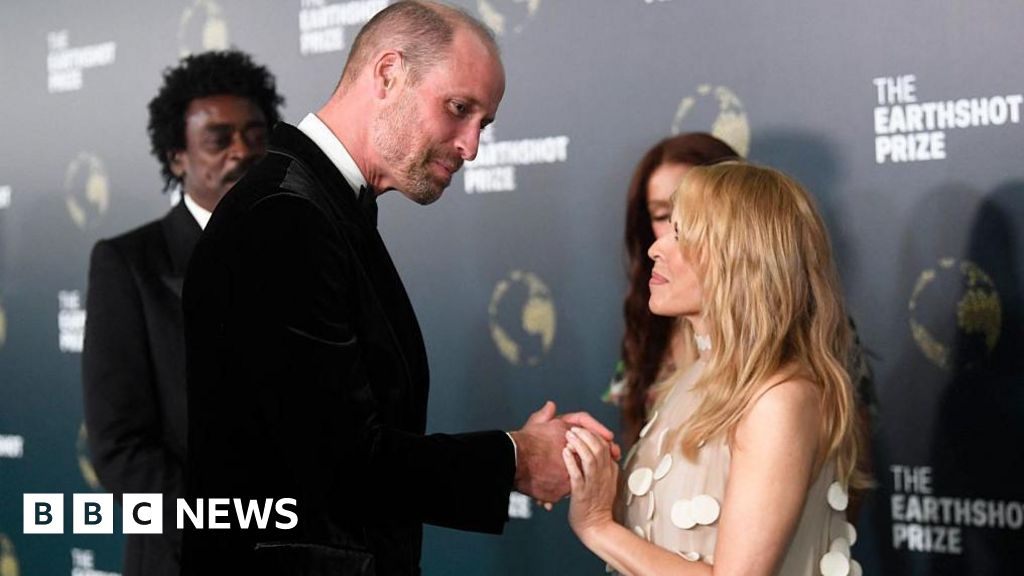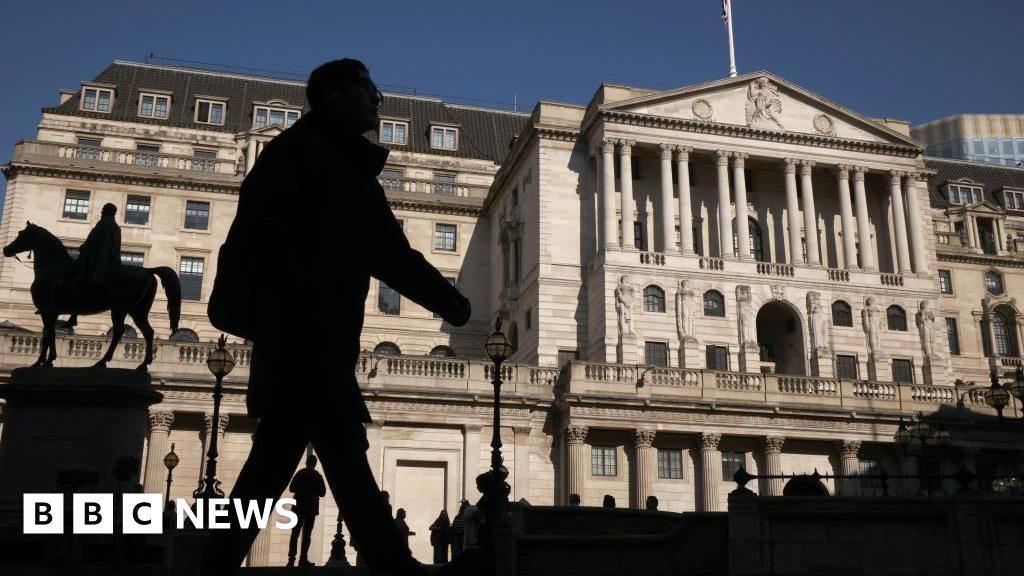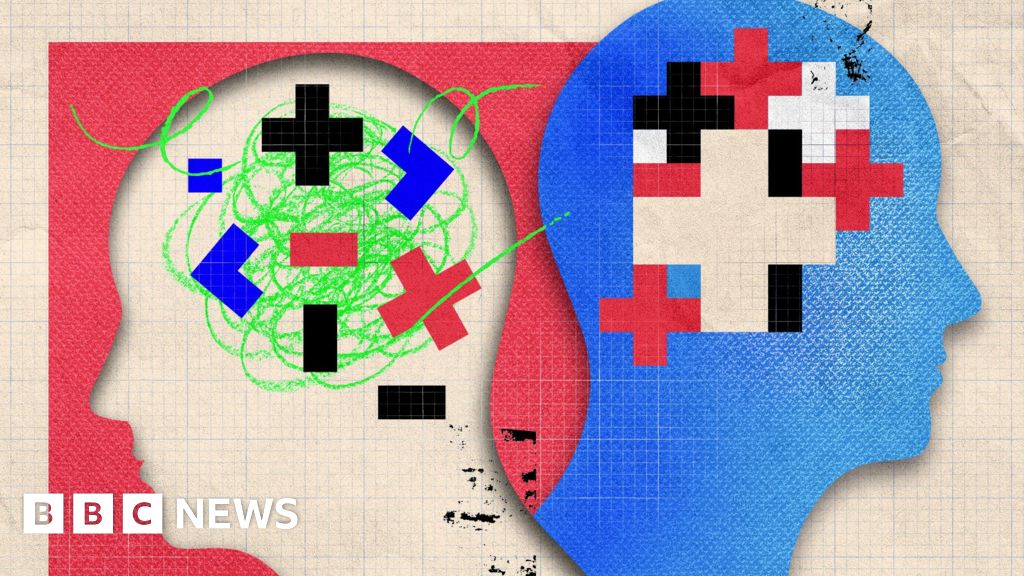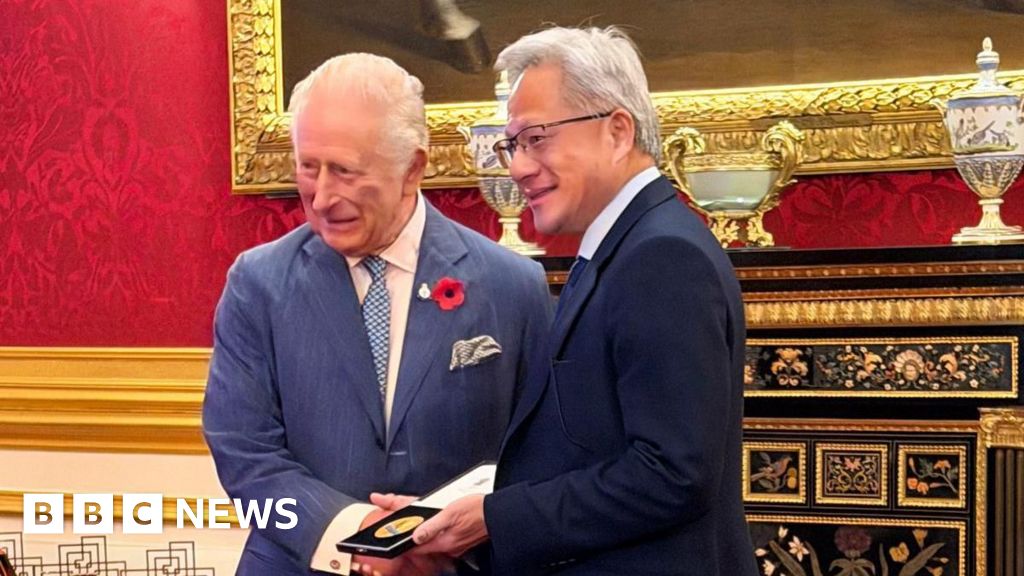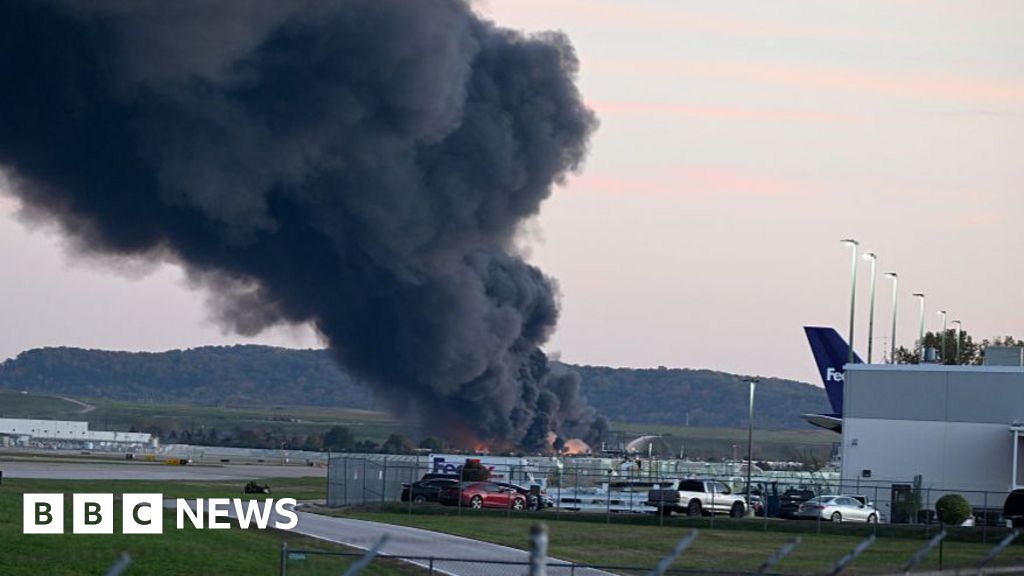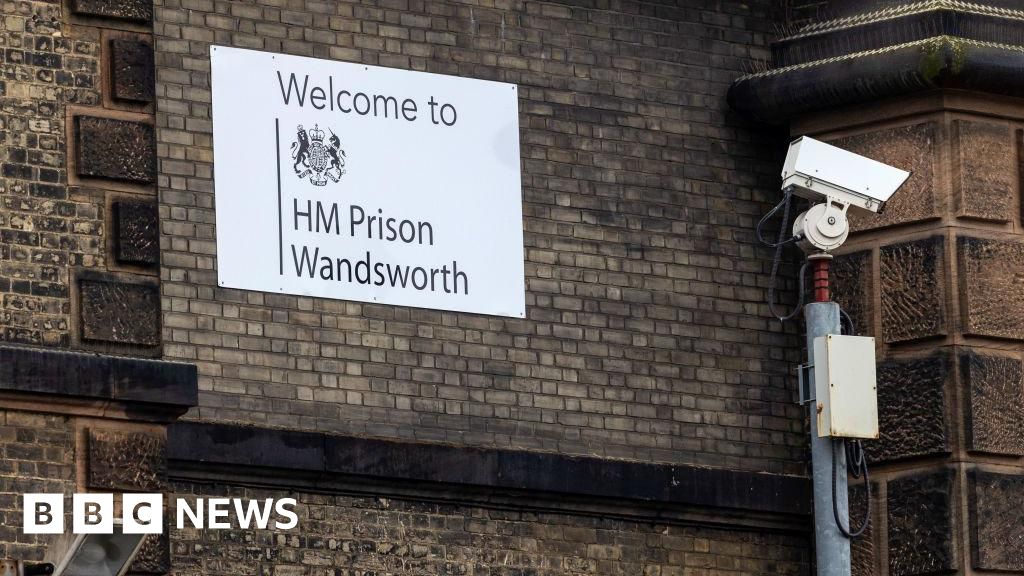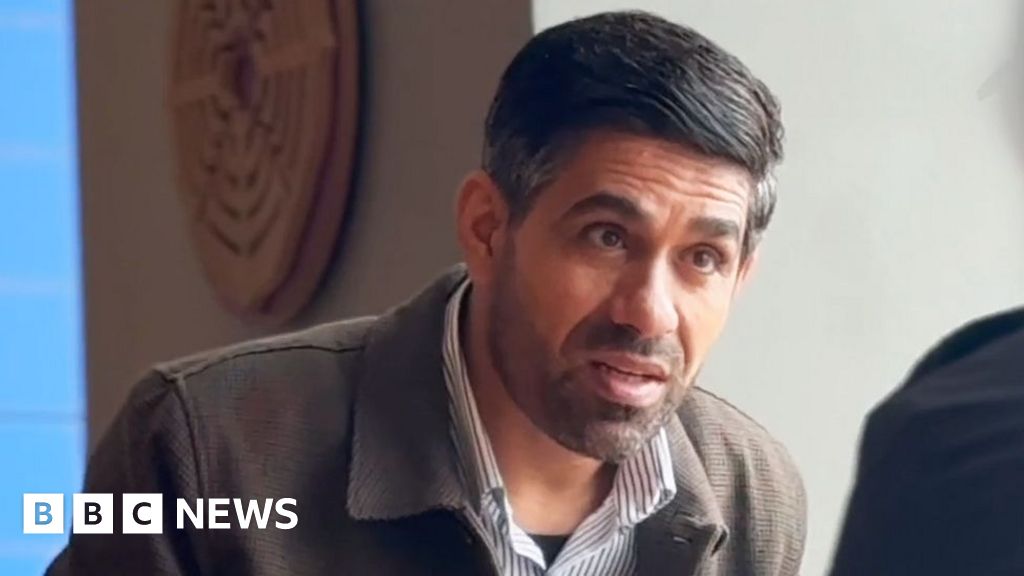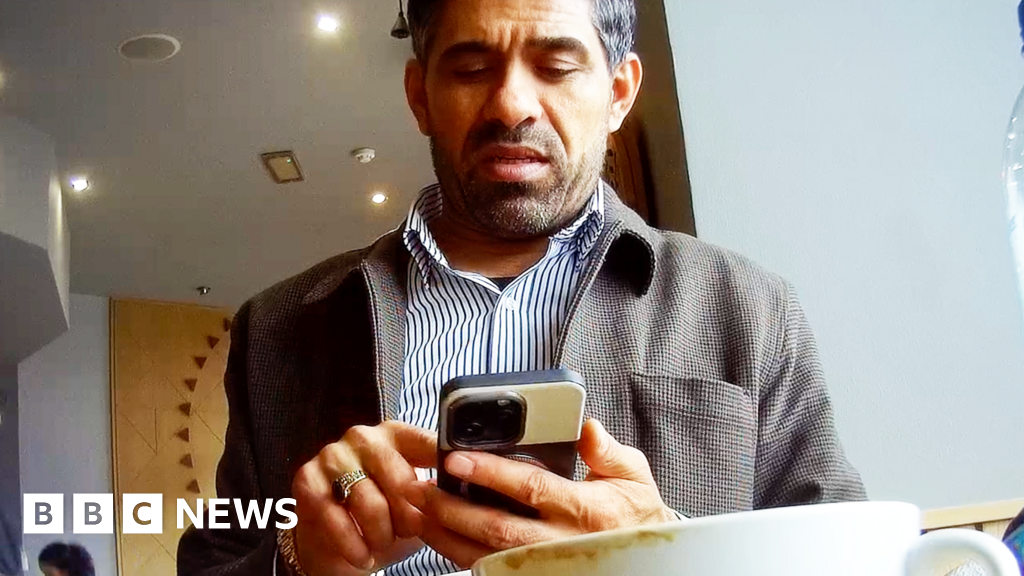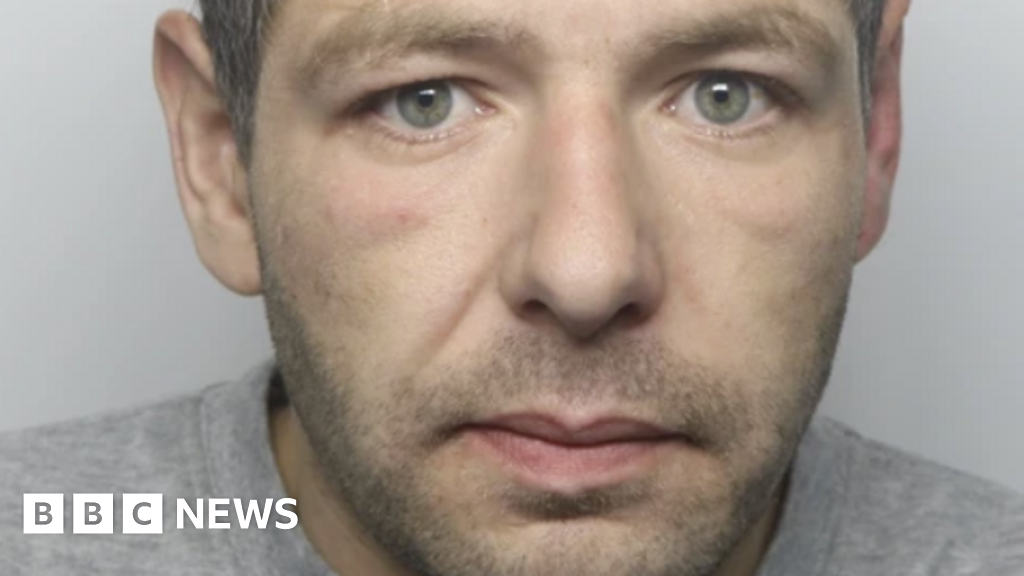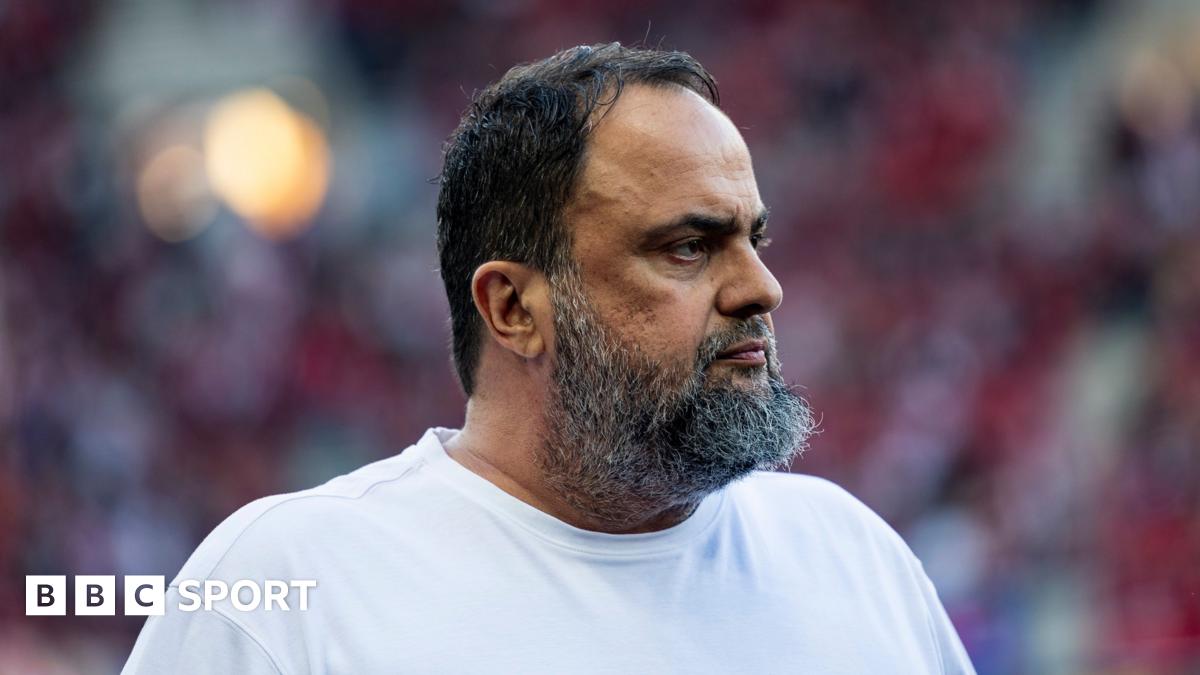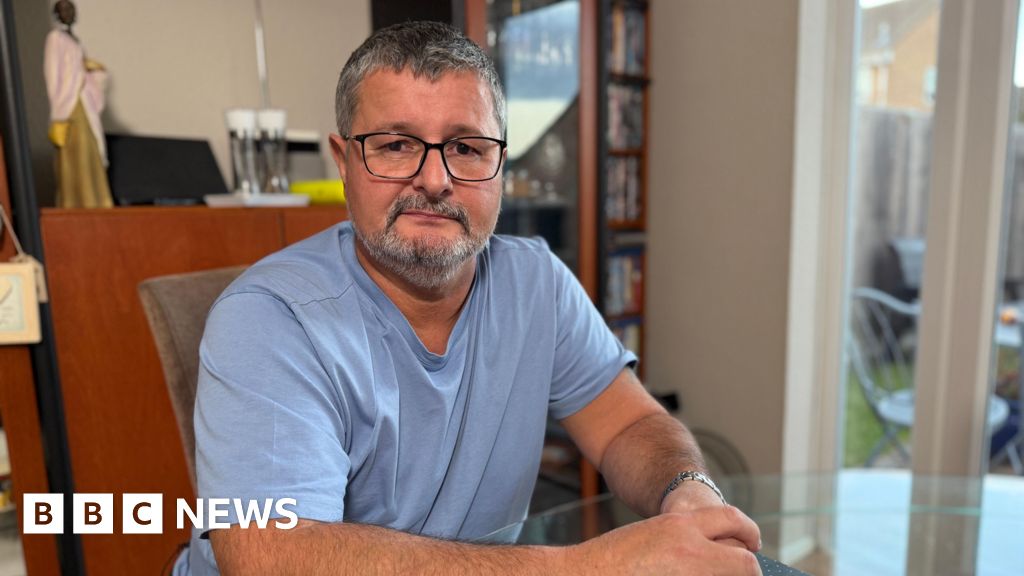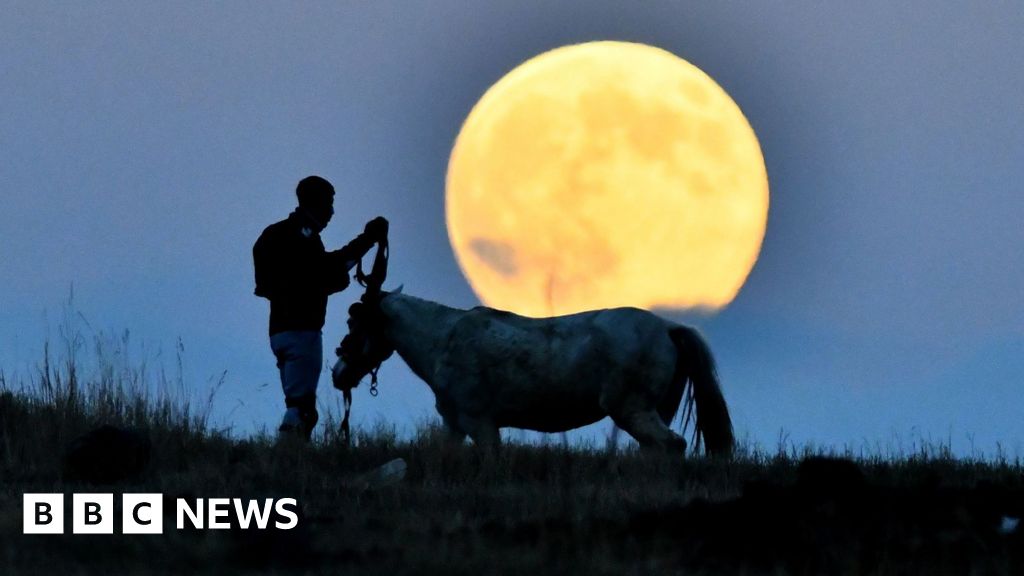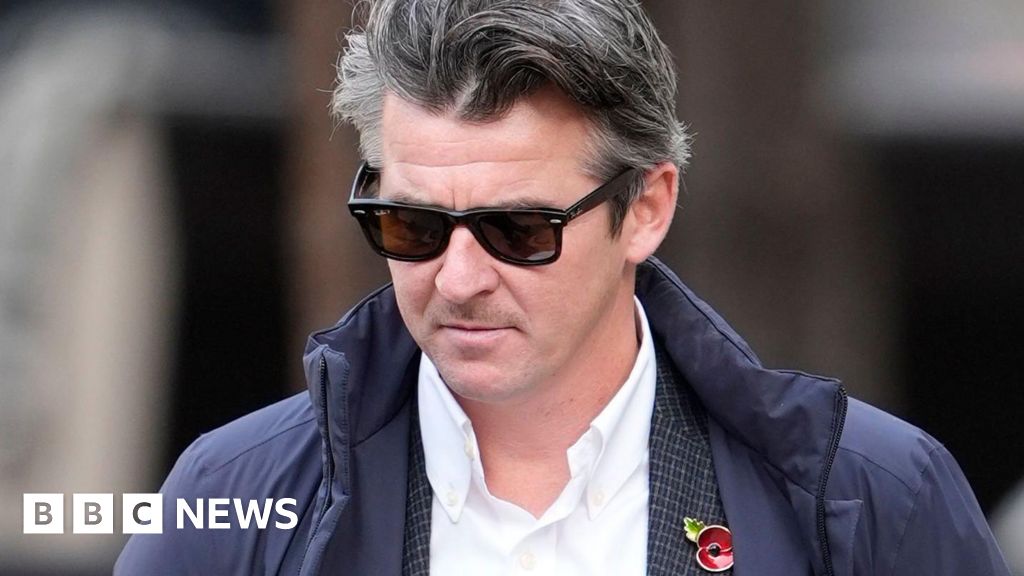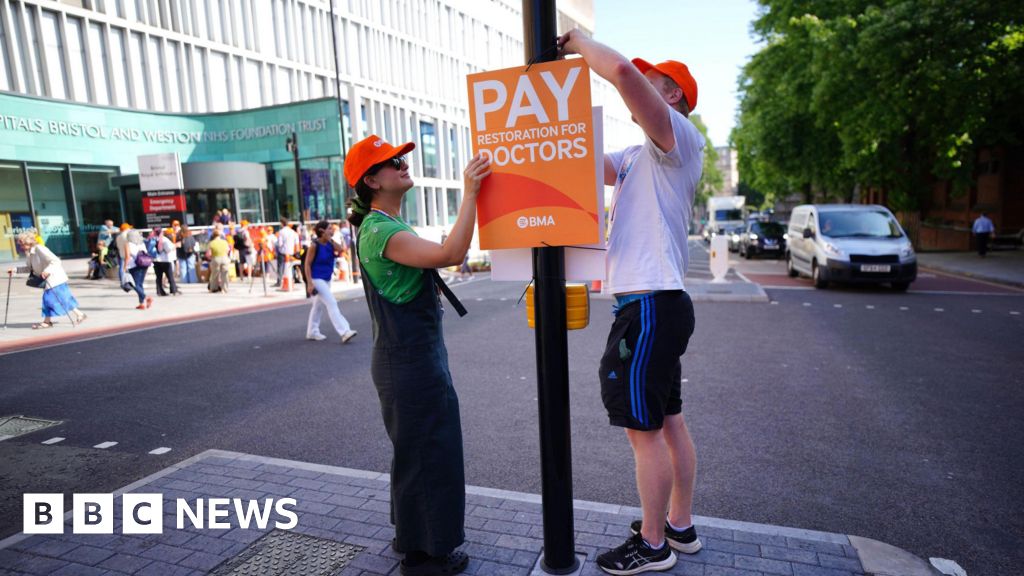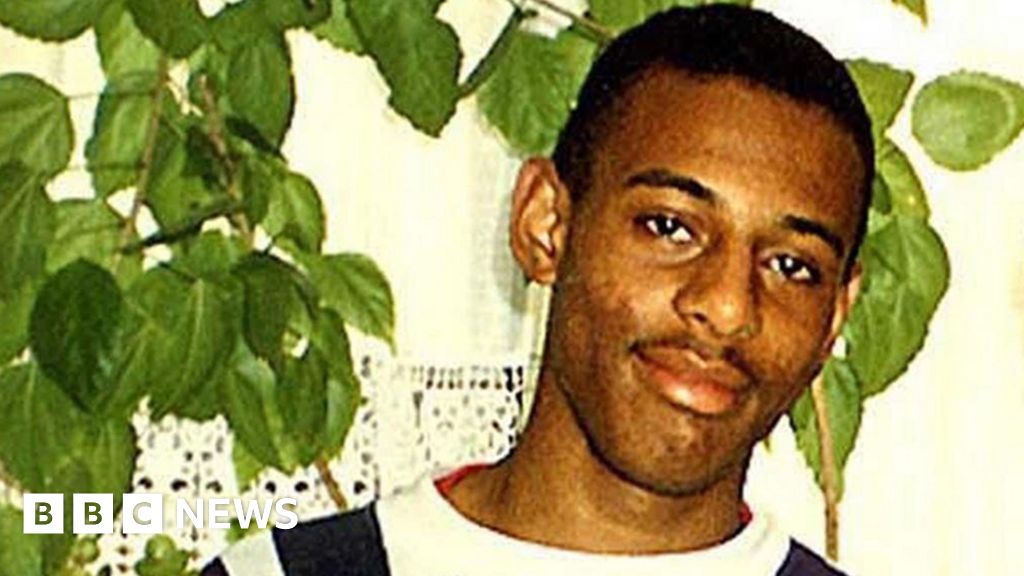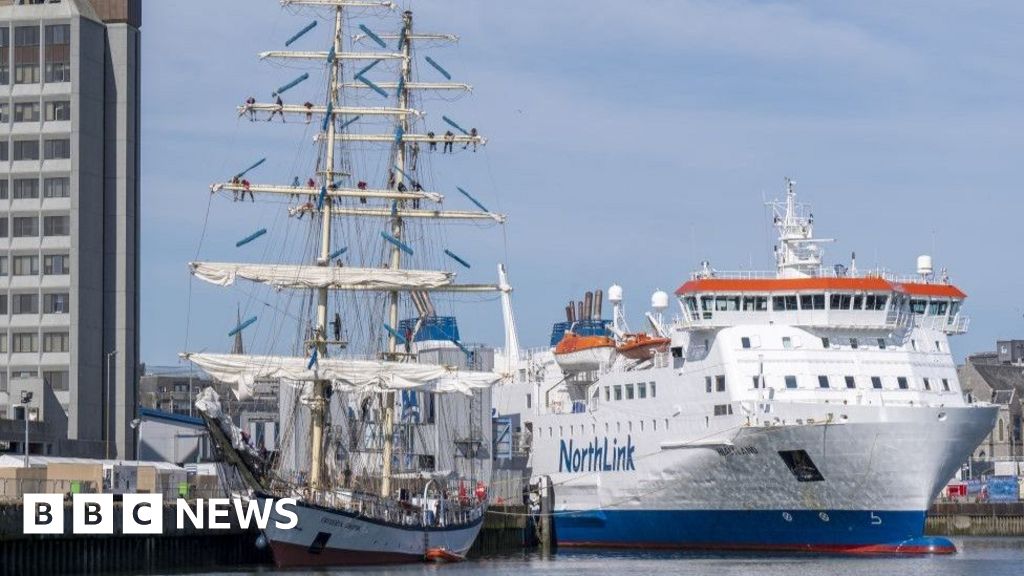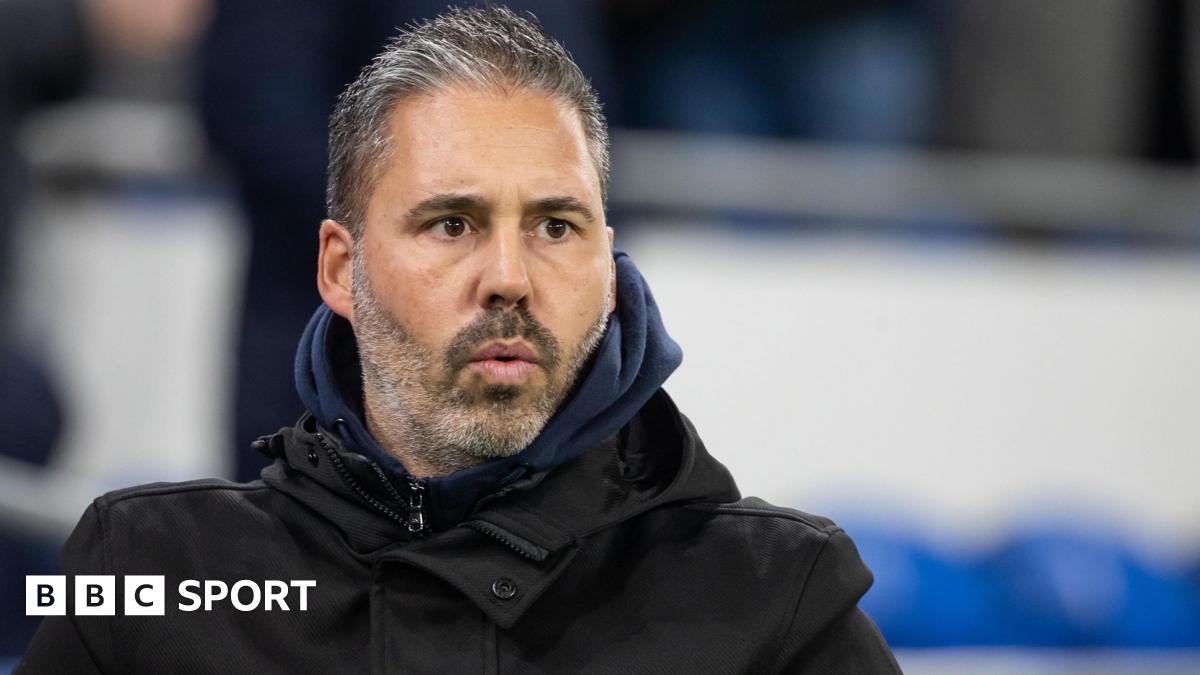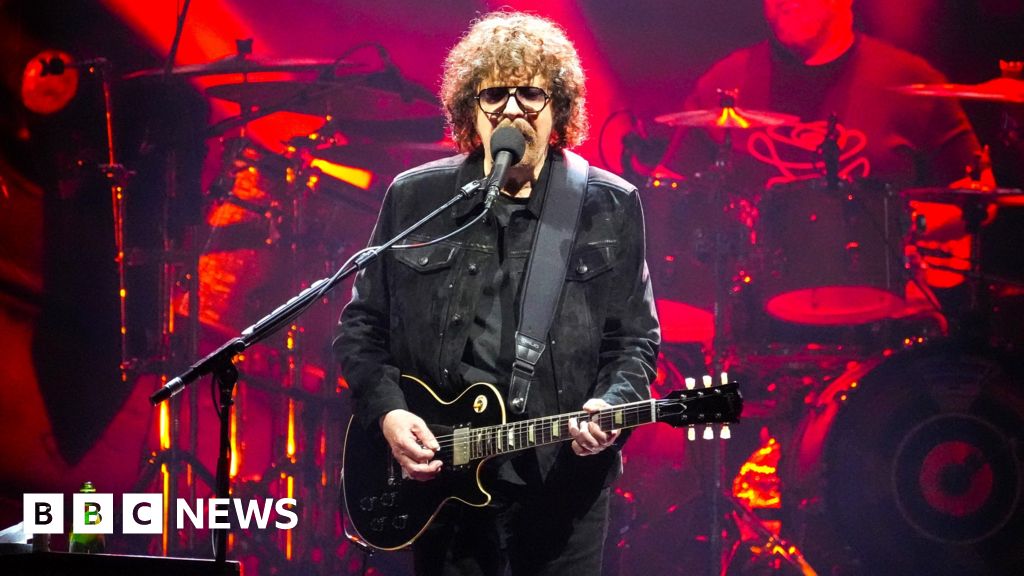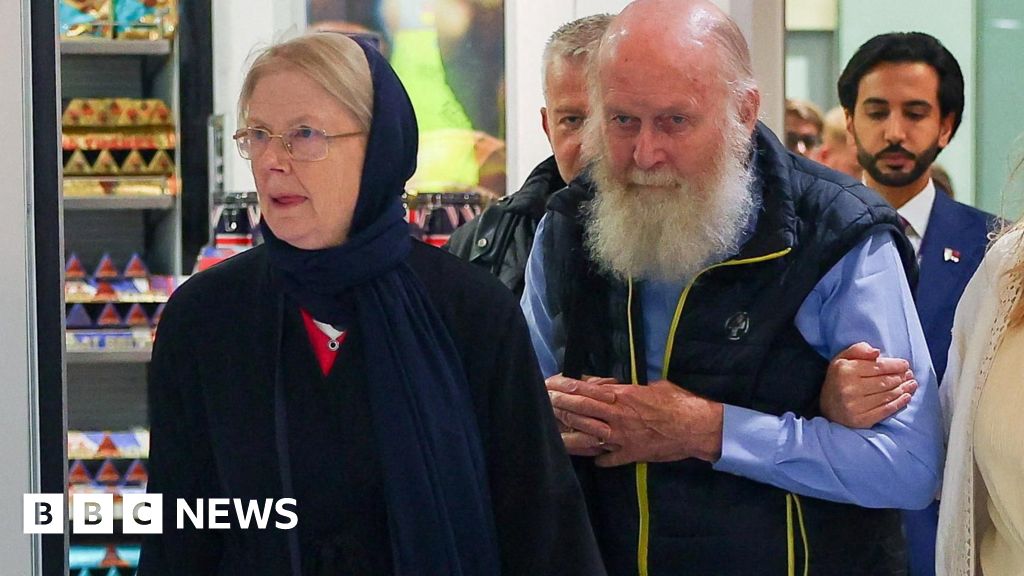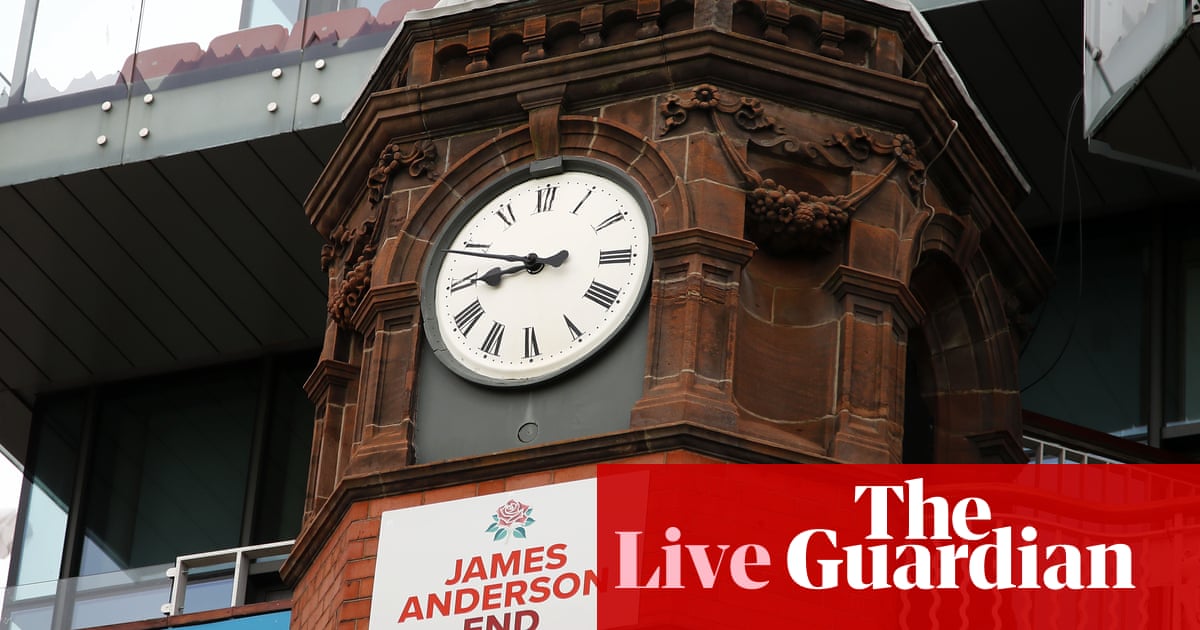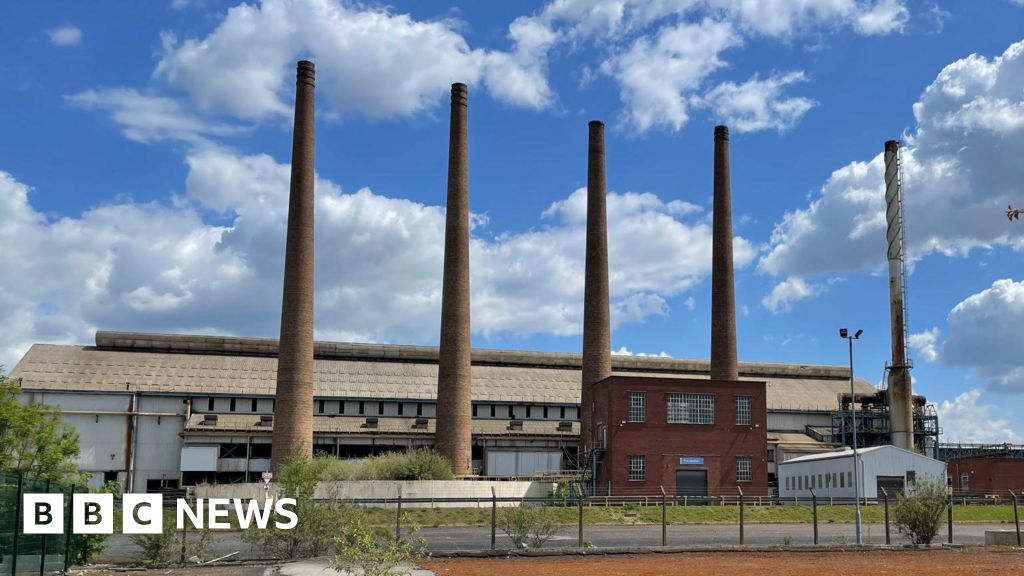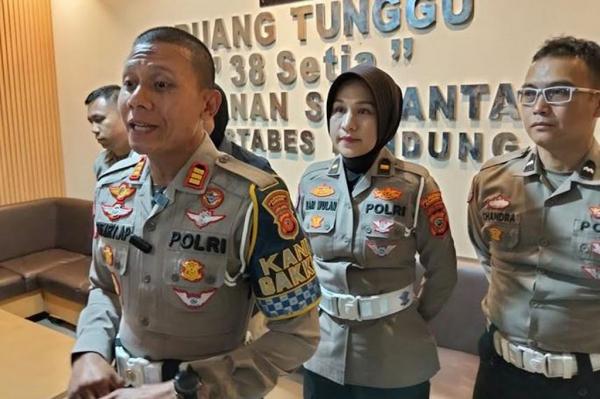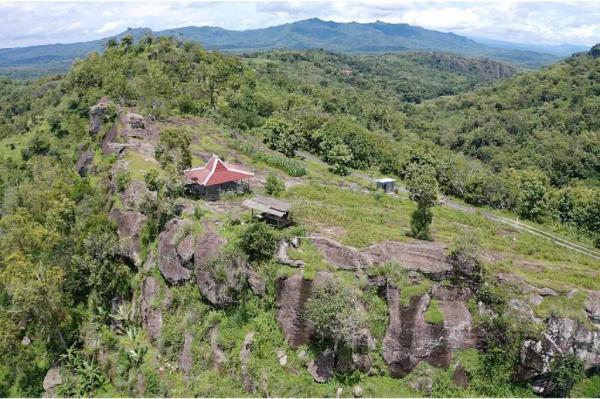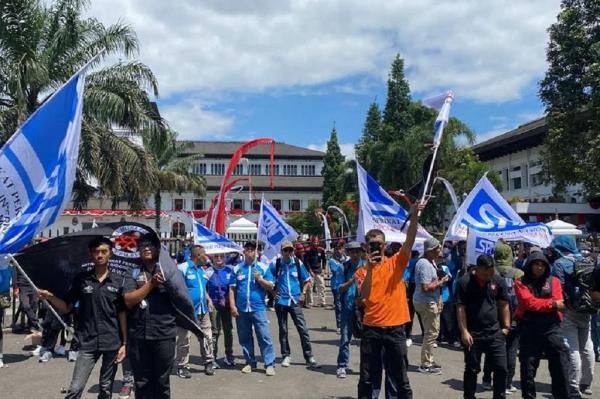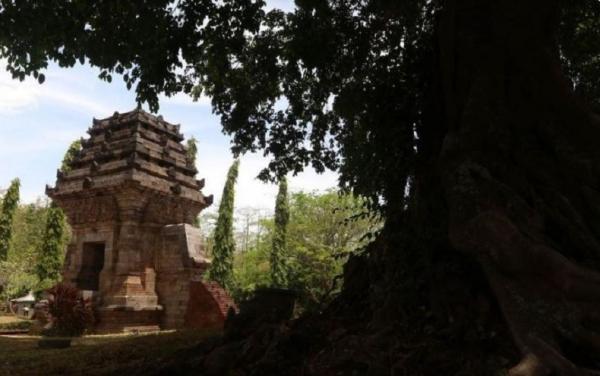A group of 34 Palestinian students with places at UK universities have arrived to begin their studies after being evacuated from Gaza last week.
It is the first time since the war there began that people have been helped to leave Gaza in order to study in the UK.
After weeks of uncertainty about whether they would be able to travel due to the conflict - in which Israel recently launched a major ground offensive on Gaza City - the students were taken to Jordan last week to complete visa checks ahead of their arrival in the UK.
One student described the experience as "very intense" but said that they were now safe, well, and beginning to adjust to life in Britain.
All 34 hold fully funded scholarships and received support from the UK government in making the journey. The group includes members of the Chevening Scholarship, the UK government's flagship scheme for international students studying one-year master's degrees.
"They are starting what will be the difficult process of settling in," Dr Nora Parr, a University of Birmingham researcher who has been coordinating efforts to support the students, told the BBC.
"While places on their courses are dreams come true, they live these dreams alongside the nightmare of what their families continue to endure.
"They also await the arrival of the remainder of the students – nearly 40 – who we hope can take up their own places soon," she added.
These students are thought to be eligible but are awaiting the next round of evacuations.
Those who have arrived in the UK are now enrolling in universities across the country - including London, Edinburgh, Glasgow, and Manchester - with some starting classes within hours of arriving in the country.
Three of the students from the first round of evacuations have arrived in Northern Ireland, the executive's economy minister, Caoimhe Archibald, confirmed. She said she was pleased the students had arrived safely and can now pursue their studies.
"We have a responsibility to do everything we can to support students arriving from Gaza, to be mindful of their wellbeing after what they have lived through over the last two years and ensure that they receive a very warm welcome," Archibald added.
Politicians, academics, and others have campaigned for months on behalf of more than 100 Palestinian students in total that hold offers from UK universities this year.
However, charities and universities have criticised government rules preventing students from Gaza from bringing family members with them.
At least four mothers and one father have so far declined places because they would not leave their children behind, Dr Parr told the BBC.
One of them, Manar al-Houbi, has a PhD place at the University of Glasgow and was "shocked" to discover that evacuation would mean leaving her three young children and her husband in Gaza.
Ms al-Houbi's case was raised with Deputy Prime Minister David Lammy on the BBC's Sunday with Laura Kuenssberg programme. He said the government wanted "to bring people who are able to study, not to cause them further pain or hardship" by making students leave family behind.
Speaking on Tuesday, Ms al-Houbi said: "I know the government will make the right decision, but I'm very anxious. I don't want to be shocked again. The feeling of shock is exhausting, especially in these indescribable circumstances we are living in. I can't bear to experience any more shocks."
At a ceremony in London on Monday, where a Palestinian flag was raised to mark the UK government's recognition of a Palestinian state, Husam Zomlot, the head of the Palestinian Mission to the UK, paid tribute to the students.
"Can you imagine what it took for them and their families and communities to achieve this? To study and take exams and fill out applications in the throes of a genocide, under bombs, without electricity and on empty stomachs," he said.
"These are the Palestinian people. This is the spirit of Palestine. We thank the UK government for this vital support."
The students' arrival comes days after a group of severely ill children from Gaza were brought to Britain for urgent NHS treatment.
Israel began the war in Gaza in response to an attack led by Hamas militants on southern Israel on 7 October 2023, in which about 1,200 people were killed and 251 others were taken hostage.
More than 65,000 people have been killed in Israeli attacks in Gaza since then, according to the territory's Hamas-run health ministry.
"The conflict in Gaza has had an appalling impact on education, with many children entirely unable to access schooling," foreign secretary Yvette Cooper said.
"Despite that, students in Gaza have shown incredible resilience and unwavering determination to pursue their studies against an appalling backdrop of death, destruction and famine."
.png)
 1 month ago
26
1 month ago
26
